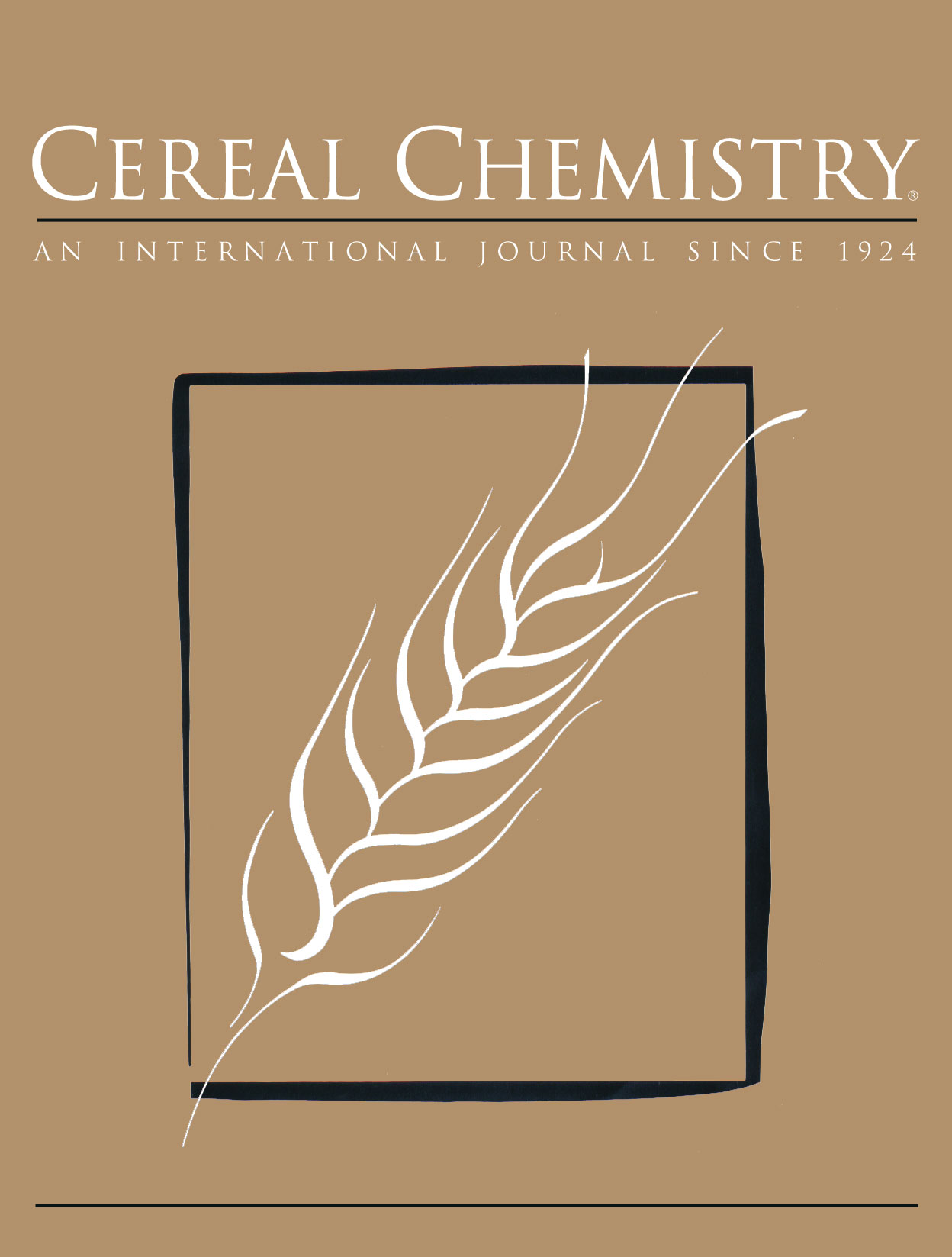Effects of Product Temperature and Moisture Content on Viscoelastic Properties of Glutinous Rice Extrudates
ABSTRACT
The viscoelastic properties of glutinous rice flour extruded at moisture contents of 45–55% and barrel temperatures of 75–95°C have been investigated using a small amplitude oscillatory rheometer. High moisture contents (50 and 55%) resulted in product temperatures 3–5°C lower than the barrel temperatures. It appeared that the moisture content was a key element in influencing the value of G′ and tan δ. Raising product temperature reduced the difference in G′ caused by the moisture content. When the product temperature was >85°C, the extrudates yielded a similar degree of gelatinization despite the difference in moisture content. Meanwhile, both G′ and G″ decreased due to the disintegration of starch granules. The relationship between the energy input, measured as specific mechanical energy, and the viscoelastic properties was also assessed.




